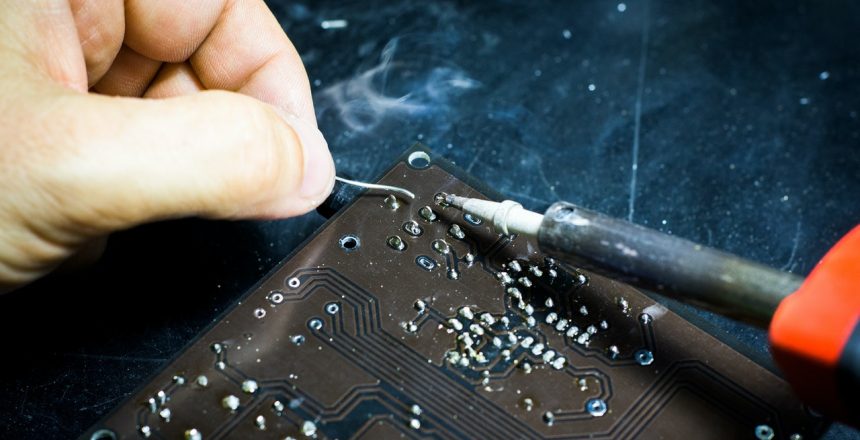Major manufacturers of top-tier mobile phones and computer electronics often place their brands on white label products at lower prices to broaden their offering. White labeling in the US has performed particularly well for large retailers such as Target Corporation (TGT), which have at least 10 different brands, each targeting a specific consumer group and product line, and together they generate at least $1 billion in sales per year. The white label path simply means buying a product made by another company, putting your brand or label on it, and selling it as your own.
Many modern IT and marketing companies outsource or use white label companies and services to provide specialized services without having to invest in developing their own products. There are many brands on the market that sell subtle variations of the same product, so invest in making your brand, website, and marketing stand out from the rest.
Some retailers deliberately package their products to resemble established brands. If brands buy soap bars from the same manufacturer, they run the risk of having products on the market that people cannot tell apart. Once acquired, one or more resellers have complete freedom to brand and sell a product similar to their own and launch it on the market. All product labeling and shelf storage details are handled directly with the retailer and manufacturers can feel comfortable knowing they have retailer support to ensure their product is labeled and placed in their warehouse (e.g. Amazon, Walmart, Target, etc.).
It works EXACTLY the same with the world of electronics.
You work with private label manufacturers, give them instructions on how to make the product, and then sell it under your own brand. That is, sell products that others have made using your design or brand. Choose private label if you want to make your product unique and different from others on the market. That’s why private labels are best for niche markets and products tailored to your expert specifications.
Instead of bending to the will of the people and investing in labor and equipment to create products you don’t sell, you can go to manufacturers and acquire the rights to their private labels. Once the products you don’t sell start selling, you can consider ordering more from the manufacturer or setting up your own manufacturing facility for the product. This means that a white label t-shirt manufacturer sells its products to many other companies, and if you want to make changes to the t-shirt, you can’t.
Once you have found a manufacturer in your niche, the first step is to ensure the quality of the product. The key is to do your research and find the right products to sell under your brand. There is always room for new products and new labels in the beauty industry, so finding manufacturers to work with is not difficult.
Brands will promote the product as their own without mentioning the supplier. Thus, the retailer can personalize the product with their own brand, logo and corporate identity, allowing customers to associate the product with the retailer.



